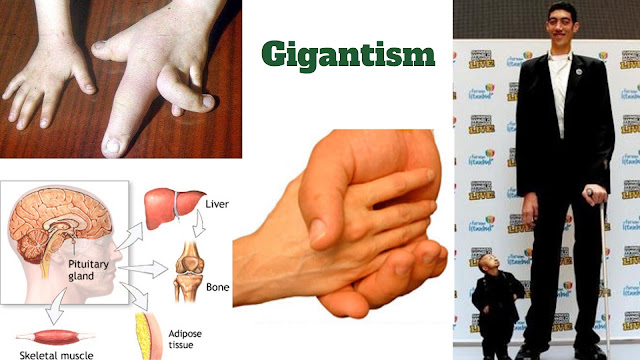Rare Genetic Disease
Huntington’s disease
Huntington’s disease sometimes called Huntington’s chorea. Generally, it is a rare and fatal inherited disease of the central nervous system. It is caused by a single dominant allele, which means that heterozygous individuals will develop the disease. This disease causes damage to brain cells, leading to a gradual loss of coordination, a decline in mental ability and changes in personality. Around 4,800 people in the UK have Huntington’s disease.
Types of HD
There are two types of Huntington’s disease.
1.
Adult-onset -Adult onset is the most common type of Huntington’s disease. Symptoms usually develop in their mid-40s and 50s. Initial signs often include:
- Depression
- Irritability
- Hallucinations
- Psychosis
2. Early onset - This type of Huntington’s disease is less common. Symptoms usually start to appear in Children and teenagers, which is very rare. Children with Huntington's disease often have symptoms similar to Parkinson's disease Early-onset Huntington’s disease causes mental, emotional, and physical changes, such as:
- Drooling
- Clumsiness
- Slurred speech
- Slow movements
Stages and Symptoms for HD
·
Early stage – Symptoms of Huntington’s disease may affect cognitive ability or mobility and include depression, mood swings, forgetfulness, clumsiness, involuntary twitching and lack of coordination.
· Mid-stage – As the disease progresses, attentiveness and short-term memory reduce and automatic movements of the head, trunk, and limbs increase. The most common automatic movement is chorea. Walking, speaking and swallowing abilities depreciate.
· Last Stage – Eventually the person is unable to care for him or herself. Death follows from difficulties such as choking, infection, or heart failure.
Prevention
· As Huntington’s disease is a genetic disorder, any adult with this disease or any adult that carries the gene runs the risk of passing it on to their children.
· Adults should think about adoption or other forms of reproduction.
· In Vitro Fertilization with Pre-Implantation Screening is an important new discovery.




Comments
Post a Comment